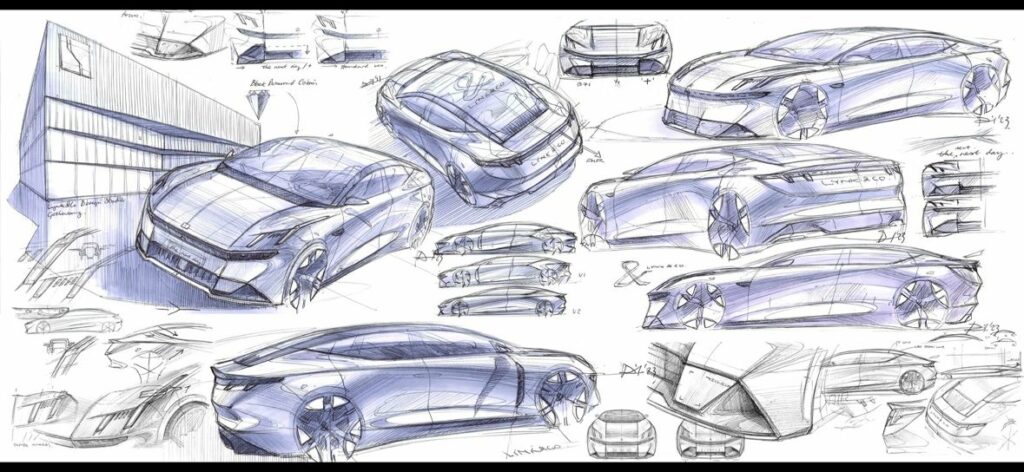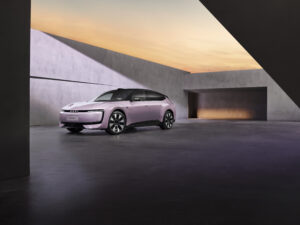The Shifting Landscape


The Chinese automotive industry has come a long way, now producing high-quality electric vehicles (EVs) that compete directly with established manufacturers in the US and EU. While affordability remains a major advantage for Chinese EVs, the playing field is starting to level when it comes to safety and quality.
The Challenge and Opportunity:
The challenge lies in making the transition to electric vehicles accessible to a broader range of consumers while maintaining a healthy domestic auto industry in the US and EU. Here’s where opportunity arises:
- Lower Cost, Wider Adoption: More affordable Chinese EVs can accelerate the shift towards electric mobility, especially in Europe where consumers are price-sensitive. This can significantly reduce carbon emissions on a global scale.
Finding Common Ground:
Instead of relying solely on tariffs, here are some strategies to achieve CO2 neutrality while considering affordability and fair competition:
- Technology Sharing and Collaboration: Joint ventures or partnerships between US/EU and Chinese companies can foster knowledge exchange and ensure consistently high safety and quality standards across the board. This can lead to overall advancements in EV technology.
- Global Environmental Regulations: Standardized environmental regulations for EV production would ensure a level playing field regarding environmental impact, regardless of the manufacturer’s origin.
- Targeted Incentives: Governments can offer subsidies or tax breaks for EV purchases, particularly for low-income households. This can incentivize the switch to electric vehicles without discriminating based on origin, as long as safety and environmental standards are met.
- Developing a Robust Used EV Market: A strong used EV market can make electric vehicles more accessible to budget-conscious consumers in all regions.
Remember, the key is a global approach:
- Infrastructure Investment: Building a comprehensive network of charging stations worldwide is critical for widespread EV adoption.
- Battery Technology Advancements: Continued research and development in battery technology can bring down production costs, improve range, and make EVs even more attractive to a wider range of consumers.
By focusing on collaboration, innovation, and infrastructure development, we can achieve a more sustainable and equitable transition to electric vehicles on a global scale. Tariffs may seem like a quick solution, but a multi-pronged approach that leverages the strengths of all players in the market will ultimately lead to a cleaner future for everyone.








